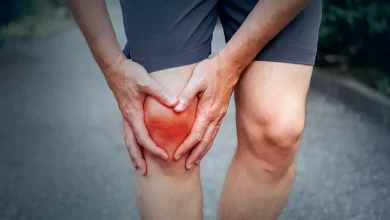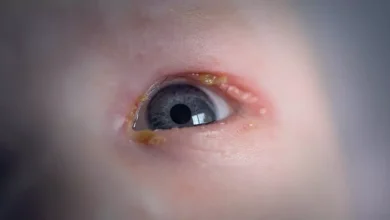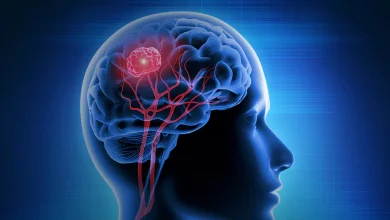All about Gastritis?
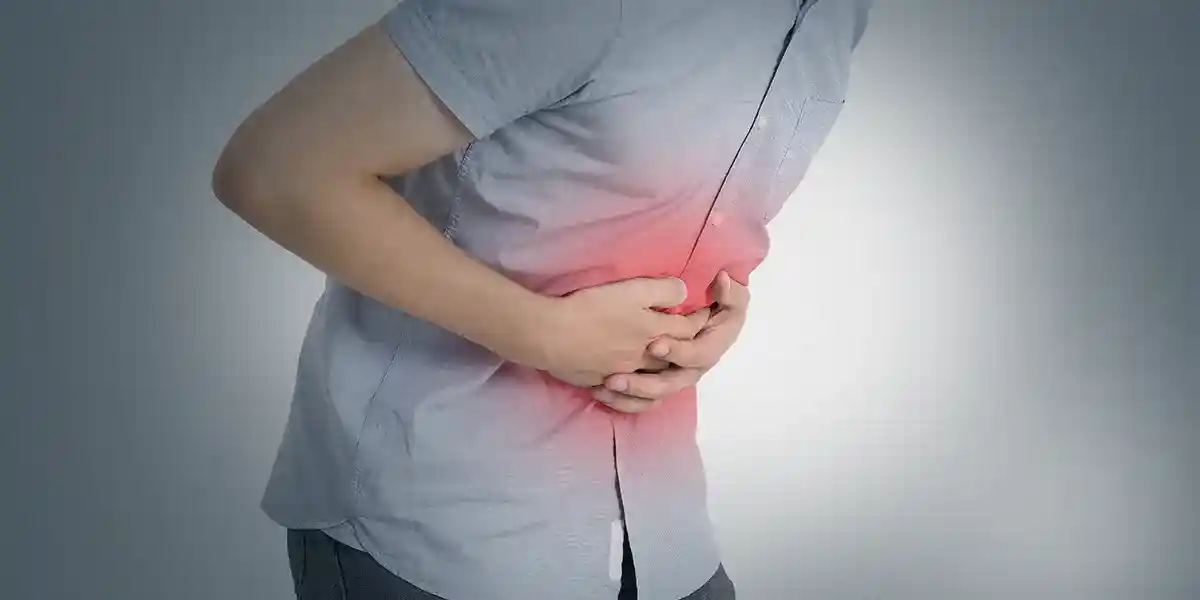
What is Gastritis?
Gastritis is the umbrella term for a group of disorders with one thing in common i.e. inflammation of the lining of the stomach. The inflammation of gastritis usually occurs because of infection with the same bacterium causing most stomach ulcers or the frequent use of some specific pain relievers. Consuming excessive amounts of alcohol can also cause gastritis. Gastritis might happen suddenly (acute gastritis) or occur gradually over a period (chronic gastritis). In some instances, gastritis can cause ulcers that increase the risk of stomach cancer. Usually, gastritis isn’t severe and improves rapidly with treatment.
What are the Types of Gastritis?
The types of gastritis include:
Acute gastritis: It occurs suddenly and is temporary. The factors that cause it are also acute.
Chronic gastritis: It is a long-term condition, but you might not notice it all the time and usually develop gradually, because of another chronic condition.
Gastritis can also be erosive or non-erosive.
Gastritis can be further divided into
Erosive gastritis: The cause of this type of gastritis is actually eroding your stomach lining, which leaves wounds (ulcers). It’s usually a chemical, such as acid, bile, alcohol, or drugs.
Nonerosive gastritis: This type of gastritis doesn’t leave erosive changes but might lead to irritation, like the stomach lining becoming. A certain type of non-erosive gastritis, atrophic gastritis, might result in your stomach lining reacting by thinning or wasting away. This can lead to digestive issues.
Gastritis might also go by some names, depending on the cause including:
- Infectious gastritis.
- Drug-induced gastritis.
- Alcohol-induced gastritis.
- Stress-induced gastritis.
- Autoimmune gastritis.
- Eosinophilic gastritis.
What are the Symptoms of Gastritis?
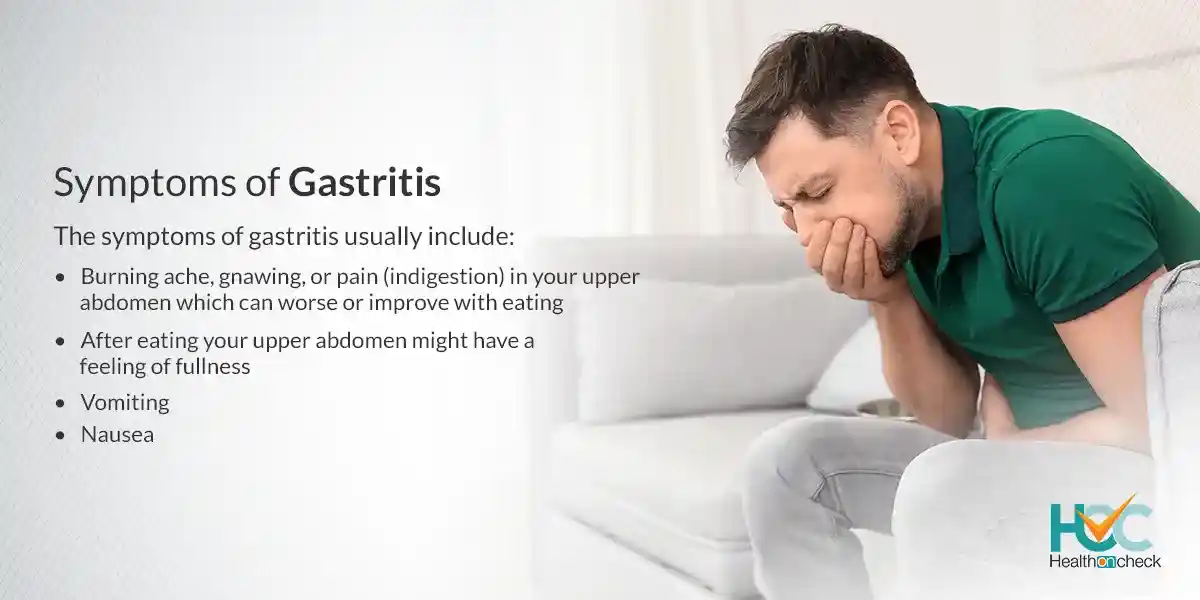
The symptoms of gastritis usually include:
- Burning ache, gnawing, or pain (indigestion) in your upper abdomen which can worse or improve with eating
- Nausea
- Vomiting
- After eating your upper abdomen might have a feeling of fullness
What are the Causes of Gastritis?
An inflammation of the stomach lining is gastritis. Weaknesses or injury to the mucus-lined barrier protecting the stomach wall permits digestive juices to get damaged and cause inflammation in the stomach lining. Certain diseases and disorders can raise the risk of gastritis, such as inflammatory conditions, including Crohn’s disease.
What are the Risk Factors of Gastritis?
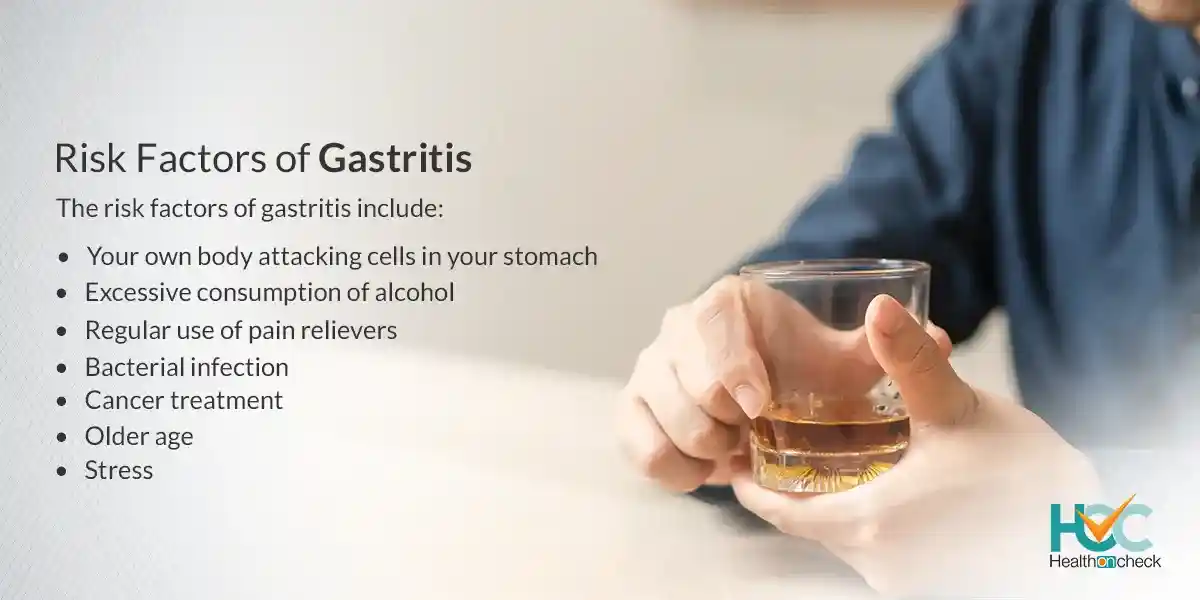
The risk factors of gastritis include:
Bacterial infection: A bacterial infection such as Helicobacter pylori can increase the risk of developing gastritis or other upper gastrointestinal disorders. Doctors believe vulnerability to the bacterium can be inherited or might occur because of bad lifestyle choices, including smoking and an unhealthy diet.
Regular use of pain relievers: Pain relievers are usually termed nonsteroidal anti-inflammatory drugs (NSAIDs) including ibuprofen and naproxen sodium might lead to both acute gastritis and chronic gastritis. Regularly using these pain relievers or taking them too much might decrease a key substance that helps preserve the protective lining of your stomach.
Older age: Older adults have an increased risk of developing gastritis because with age the stomach lining becomes thin and also older adults are more likely to have H. pylori infection or autoimmune disorders as compared to younger people.
Excessive consumption of alcohol: Alcohol might irritate and wear down your stomach lining, making your stomach more vulnerable to digestive fluids. Excessive alcohol is linked with acute gastritis.
Stress: Severe stress because of a major surgery, burns, injury, or infections can also increase the risk of acute gastritis.
Cancer treatment: Chemotherapy drugs or radiation treatment can cause gastritis.
Your own body attacking cells in your stomach
Known as autoimmune gastritis, this form of gastritis happens when your body attacks the cells that create your stomach lining. This reaction might erode your stomach’s protective barrier.
Autoimmune gastritis is more common in people with other autoimmune disorders, such as Hashimoto’s disease and type 1 diabetes. Autoimmune gastritis can also be linked with vitamin B-12 deficiency.
Other diseases and conditions: Gastritis might be linked with other medical conditions, such as Crohn’s disease, HIV/AIDS, celiac disease, sarcoidosis, and parasitic infections.
What are the Complications of Gastritis?
If not treated then gastritis might cause stomach ulcers and stomach bleeding. In some rare cases, a few types of chronic gastritis might heighten your risk of stomach cancer, particularly if you have extensive thinning of the stomach lining and changes in the lining’s cells.
Inform your doctor if your signs and symptoms aren’t improving despite getting treatment for gastritis.
How Gastritis is Diagnosed?
Even though your doctor is likely to diagnose gastritis after examining your medical history and carrying out an exam, you might have to go through some tests to confirm the condition and the cause.
Tests for H. pylori: Your doctor might prescribe tests including a stool test or breath test — to find out whether you have the bacterium H. pylori. Which type of test you have to go through is based on your situation.
For the breath test, you have to drink a small glass of clear, tasteless fluid containing radioactive carbon. H. pylori bacteria disintegrate the test fluid in your stomach. After some time, you need to blow it into a bag, which is then sealed. In case you are infected with H. pylori, there will be radioactive carbon in your breath sample.
Using a scope to check your upper digestive system (endoscopy): During endoscopy, a flexible tube equipped with a lens (endoscope) will be passed down your throat and into your esophagus, small intestine, and stomach. By using the endoscope, your doctor will check for the signs of inflammation. Based on your age and medical history, your doctor might prescribe it as a first test instead of testing for H. pylori.
If a suspicious area is detected, your doctor might take some small tissue samples (biopsy) for laboratory examination. A biopsy could also detect the presence of H. pylori in your stomach lining.
X-ray of your upper digestive system: Also known as a barium swallow or upper gastrointestinal series, this series of X-rays will produce pictures of your stomach, oesophagus, and small intestine to detect anything unusual. To make an ulcer more visible, you might be given a white, metallic liquid (containing barium) to swallow.
What are the Treatment Options Available for Gastritis?
Treatment of gastritis is based on the particular cause. Acute gastritis that occurs because of nonsteroidal anti-inflammatory drugs or alcohol might be relieved by stopping taking these substances.
Medications given to treat gastritis include:
Antibiotic medications to kill H. pylori: To kill H. pylori in your digestive tract, your doctor might prescribe a combination of antibiotics, including clarithromycin and amoxicillin or metronidazole. You need to make sure to complete the full antibiotic prescription, generally given for one to two weeks along with medication for blocking the production of acid. After treating you, your doctor will retest you for H. pylori to make sure that it has been destroyed.
Medications to block acid production and promote healing: Proton pump inhibitors decrease acid and block the action of the parts of cells producing the acid. These medications include the prescription and over-the-counter medications omeprazole, lansoprazole, rabeprazole, pantoprazole, etc.
Long-term use of proton pump inhibitors, especially at high doses, might augment your risk of hip, wrist, and spine fractures. You can discuss with your doctor whether a calcium supplement might decrease this risk.
Medications to decrease acid production: Acid blockers also known as histamine (H-2) blockers decrease the amount of acid released into your digestive tract, relieve the gastritis pain, and promote healing. Acid blockers include famotidine cimetidine and nizatidine which are available by prescription and over the counter.
Medications to neutralise stomach acid: Your doctor might prescribe an antacid in your drug regimen. Antacids neutralise the already existing stomach acid and might provide pain relief rapidly. It can have some side effects such as constipation or diarrhoea, based on the main ingredients. It can help to immediately relieve symptoms but is usually not used as a primary treatment. Proton pump inhibitors and acid blockers can be more effective with fewer side effects.
Living with Gastritis
Gastritis usually improves rapidly with treatment. Medication is helpful to ease symptoms for most people and for some, recovery might also include changing lifestyle permanently. You might be required to change the way you manage other conditions and quit or decrease consuming certain substances to avert gastritis from coming back. If an underlying chronic condition is discovered, you might need to have a new long-term treatment plan for it.
Whom to Consult?
An occasional episode of acute gastritis might not be a matter of much worry and you can normally treat it at home. But if it doesn’t go away after taking home remedies, or if you experience symptoms of gastritis regularly, you need to seek medical assistance. Chronic symptoms point to a chronic condition that requires medical attention. Most gastrointestinal symptoms overlap with many different disorders, so it’s vital to get an accurate diagnosis and treatment.

